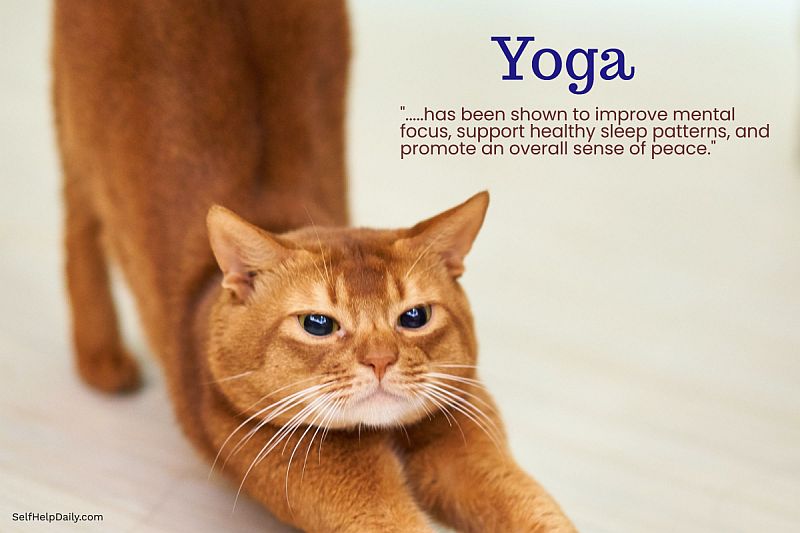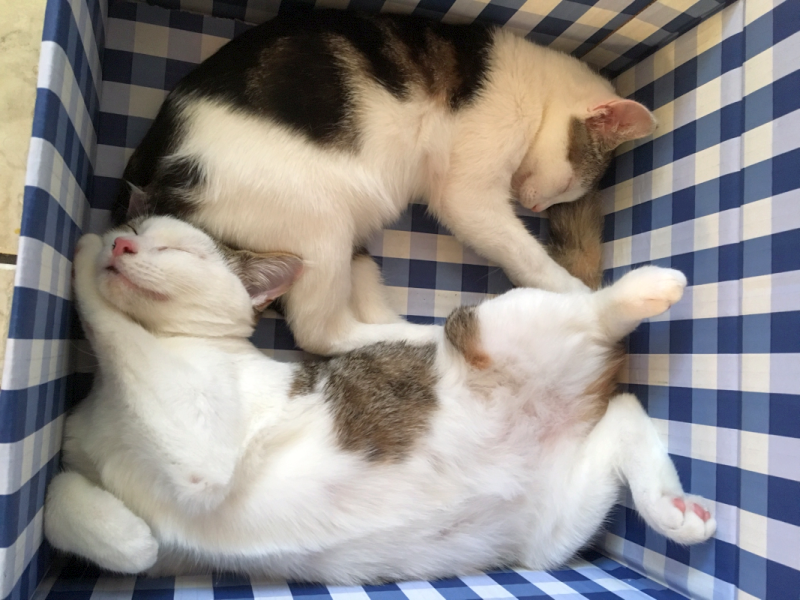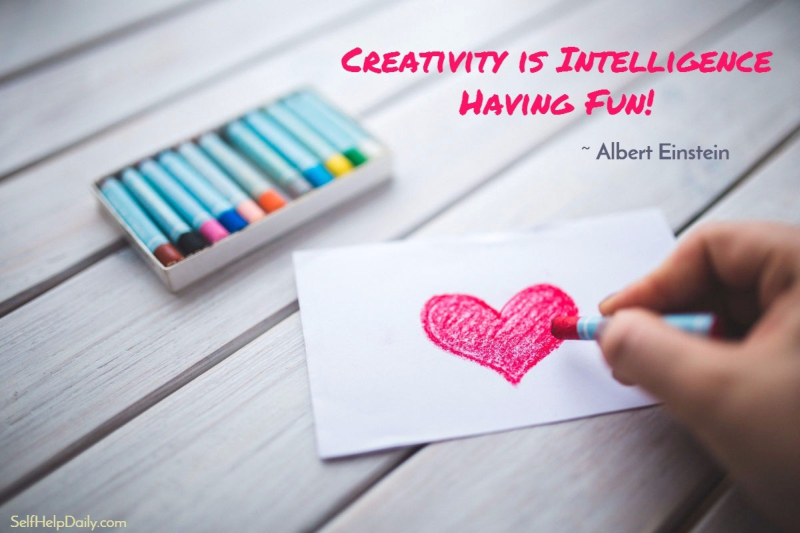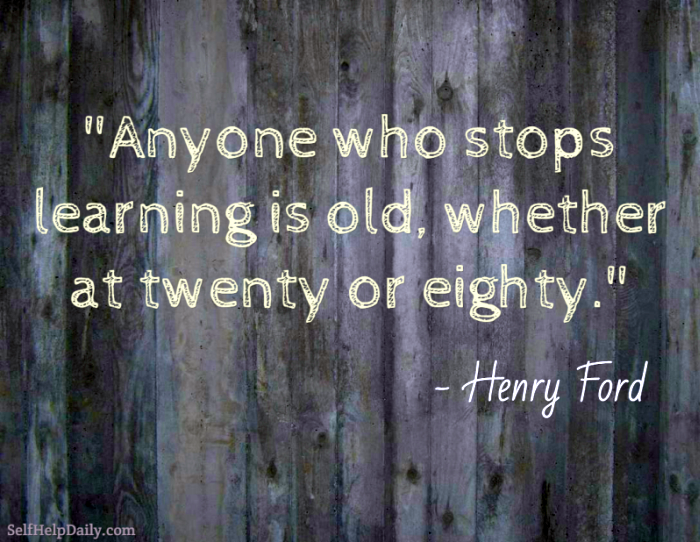Benefits of Yoga for Mental Fitness
by Nicole McCray
When you think about boosting your mental health, one of the first things that come to mind is probably traditional talk therapy. And while there’s no question that talk therapy can be extremely helpful in many cases, it’s not a one size fits all solution that works for everyone.
Sometimes, you just need some strategies to help you stay grounded and manage daily stress. And sometimes, you need help getting through trauma or recovering from past events. There’s no denying the everyone is dealing with more stress now than ever before and taking care of your mental health is more important than ever.
Taking care of your mental health is every bit as important as taking care of your physical health, but sometimes it’s hard to know where to start. These alternative health and wellness practices might be just the answer you’re looking for.
Whether you incorporate one or all of them into your wellness routine, they’re all beneficial on their own – or they can be used in conjunction with traditional talk therapy for boosting mental health.
1. Kinesiology
Kinesiology is an alternative therapy that boosts mental health by helping the patient diffuse negative energy and implement positive strategies to overcome stress, anxiety, and depression. It utilizes muscle testing in combination with many of the basic principles of traditional Chinese medicine to assess body function and energy.
The goal is to identify emotional, chemical, energetic, and structural imbalances in the body. Muscle testing techniques are used to create a natural biofeedback system. Information is relayed via the nerve pathways throughout the body and the brain meridian systems.
A leading NYC-based kinesiologist explains that “Muscle testing can be used to identify underlying blockages that are causing mental and physical health issues. When these blockages are addressed, the body can begin to heal itself.”
Kinesiology has been used to help patients work through past and present emotional issues and take positive steps to address the triggers of their anxiety. It can help the patient move away from negative thinking patterns and develop and implement effective stress-management techniques.
2. Mindfulness
When it comes to wellness practices that can boost your mental health, mindfulness is one of the best places to start.
Evidence shows that it can reduce depression, anxiety, and overall stress. But what is mindfulness exactly? It’s actually not as complicated as you might think.
Mindfulness is a simple lifestyle change that focuses on living in the present moment with an attitude of openness and acceptance. It requires monitoring your own emotions, self-talk, and negative perceptions, as well as stress and anxiety. The key is to deal with these emotions positively before they take root.
To try mindfulness for yourself, the next time you feel anxiety, stress, or negative thoughts and emotions beginning to spiral out of control, slow down and take some deep breaths. Observe your thoughts and feelings, then center yourself and explore positive solutions before you move on. It’s kind of like stopping a runaway train before it gets out of control.
Other ways to practice mindfulness include meditation, prayer, deep breathing exercises, and guided imagery.
3. Yoga
Yoga is another mindfulness practice that can be incorporated into daily life to reduce anxiety and stress. It has been shown to improve mental focus, support healthy sleep patterns, and promote an overall sense of peace. It is often used for daily stress management, but it also makes a wonderful accompaniment to talk therapy and many of the other strategies we’re discussing here.
Yoga can benefit your mental health by calming the central nervous system, which relieves anxiety and promotes a state of relaxation. Many people who practice yoga regularly find that it builds self-trust and self-confidence as it strengthens the connection between the body and mind.
4. Nutrition Therapy
Did you know that there are at least 40 different chemicals in the body that play a role in mental health?
Psychiatrists are beginning to take notice of the importance of nutrition for their patients. They are using bloodwork to identify which of these chemicals are out of balance and prescribing supplements to overcome deficiencies.
It may sound like a fad, but there’s actually a lot of evidence to back up nutrition therapy. The use of supplements and dietary strategies has been shown to help patients who suffer from major depression, obsessive-compulsive disorder, and severe mental disorders like schizophrenia and bipolar disorder.
Of course, holistic and alternative practitioners have been talking about the importance of nutrition for centuries. You don’t have to be under the care of a psychiatrist to utilize the curative powers of nutrition therapy. Many alternative practitioners will be happy to help you develop a diet and supplement plan to support your mental health.
5. Creative Therapies
Creative therapies are an excellent outlet for patients looking to boost their mental health naturally. Art, music, and dance therapy provide a relaxing and invigorating way to relieve stress and shift mental focus away from stress triggers.
Evidence shows that creative therapies have curative properties for both physiological and psychological ailments. They have been used to help patients overcome trauma and promote healing, particularly when used in conjunction with conventional treatments.
Wrapping Up
Of course, you should consult with your health care professional before making any major changes in your health regimen, especially if you think you may be dealing with a mental health issue. If you’re looking for a way conventional treatment or simply support your mental health daily, these alternative therapies and practices can bring some extra joy and balance to your life.







